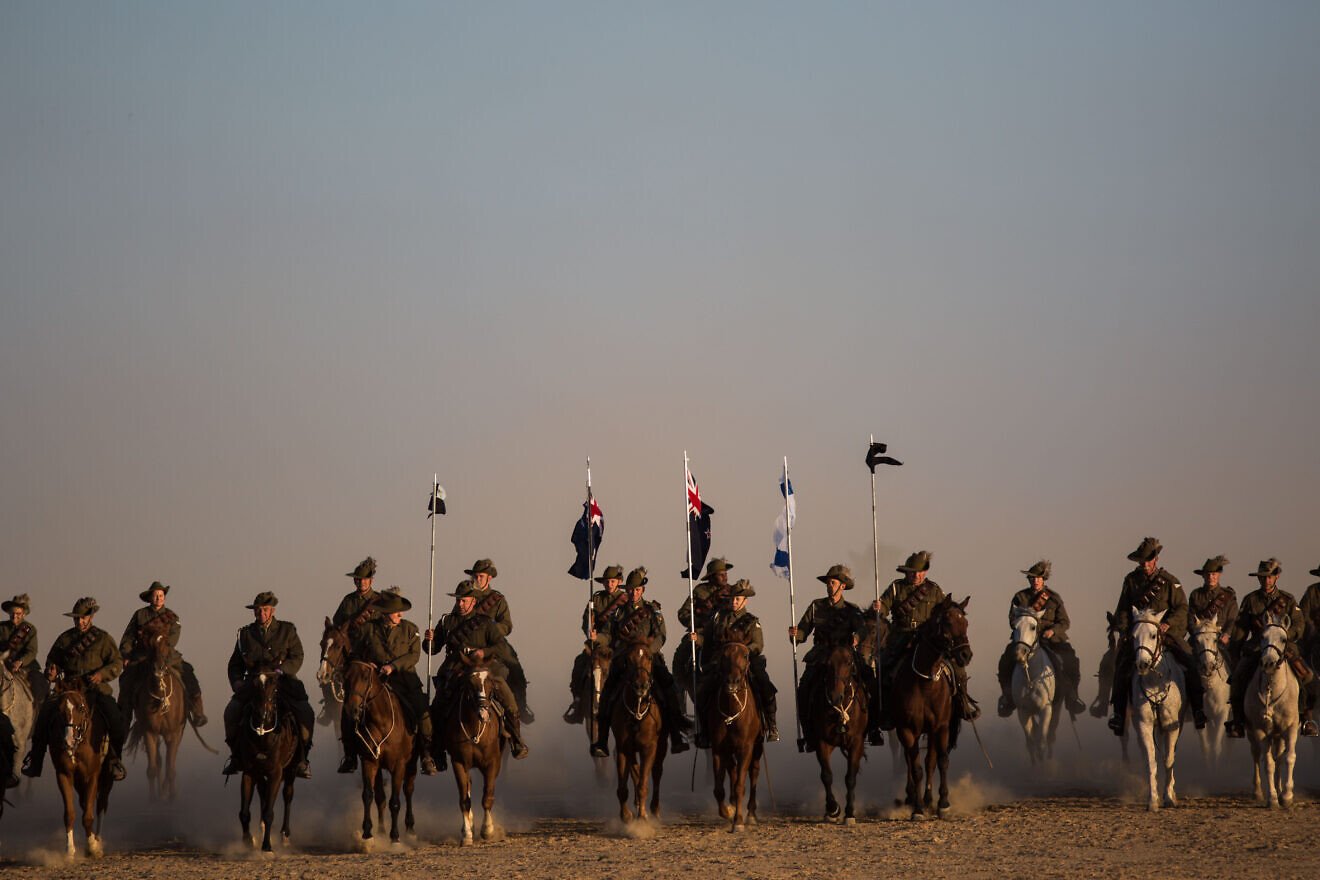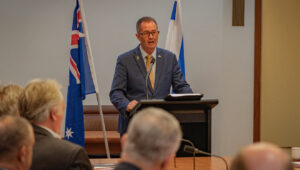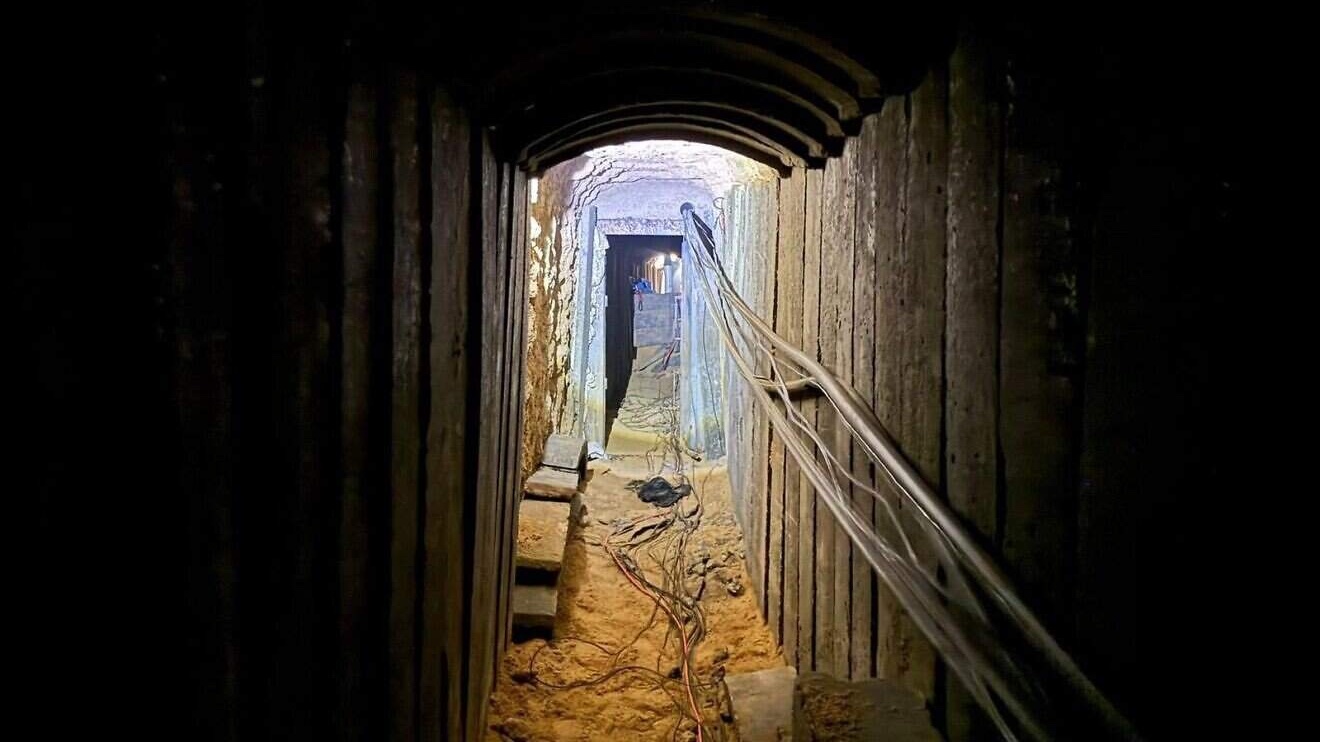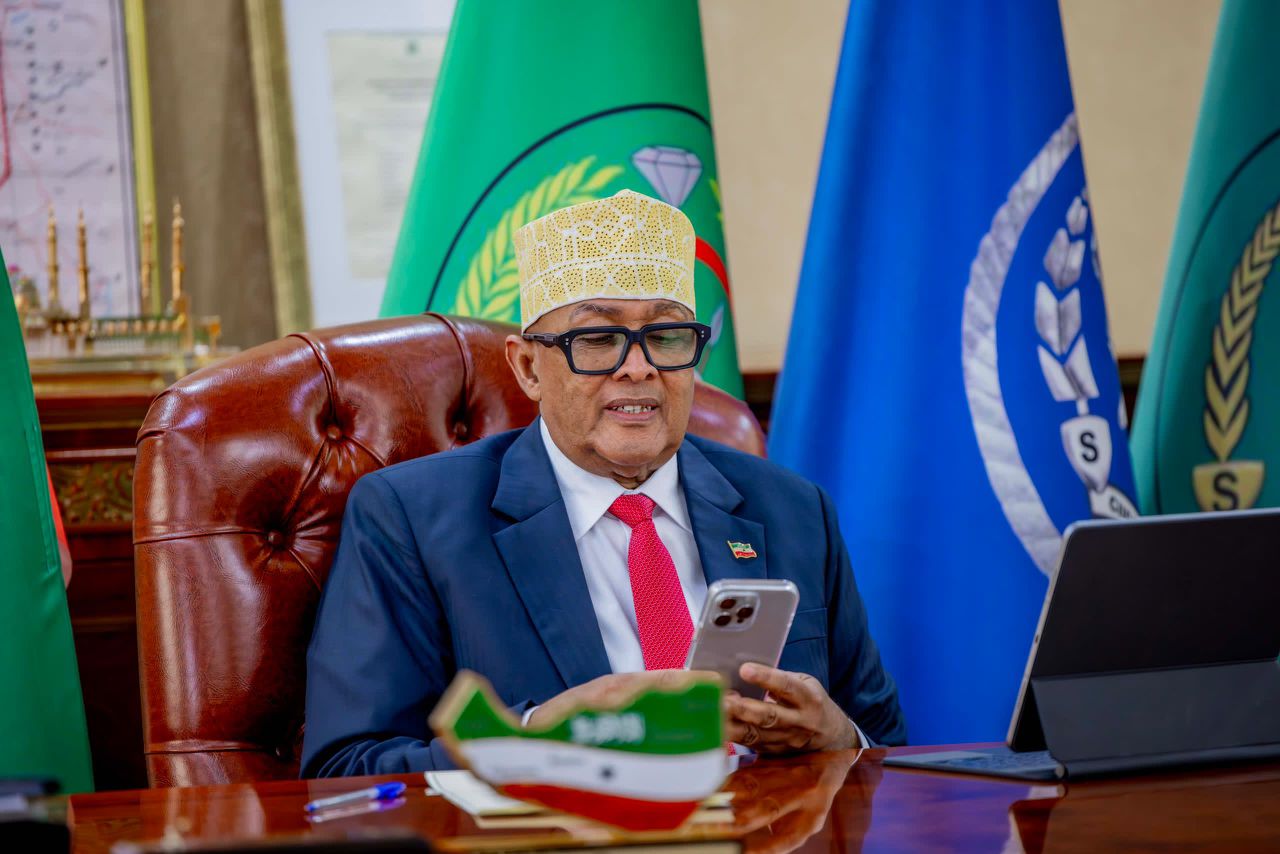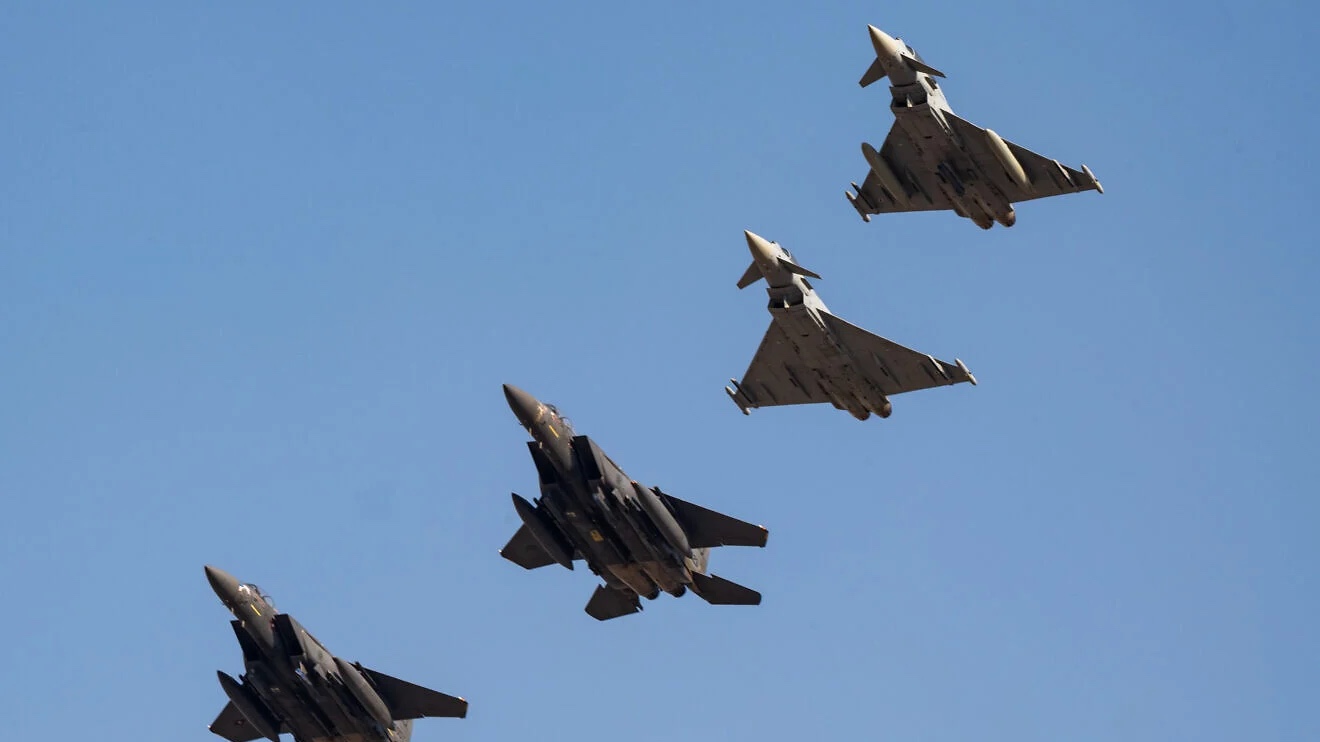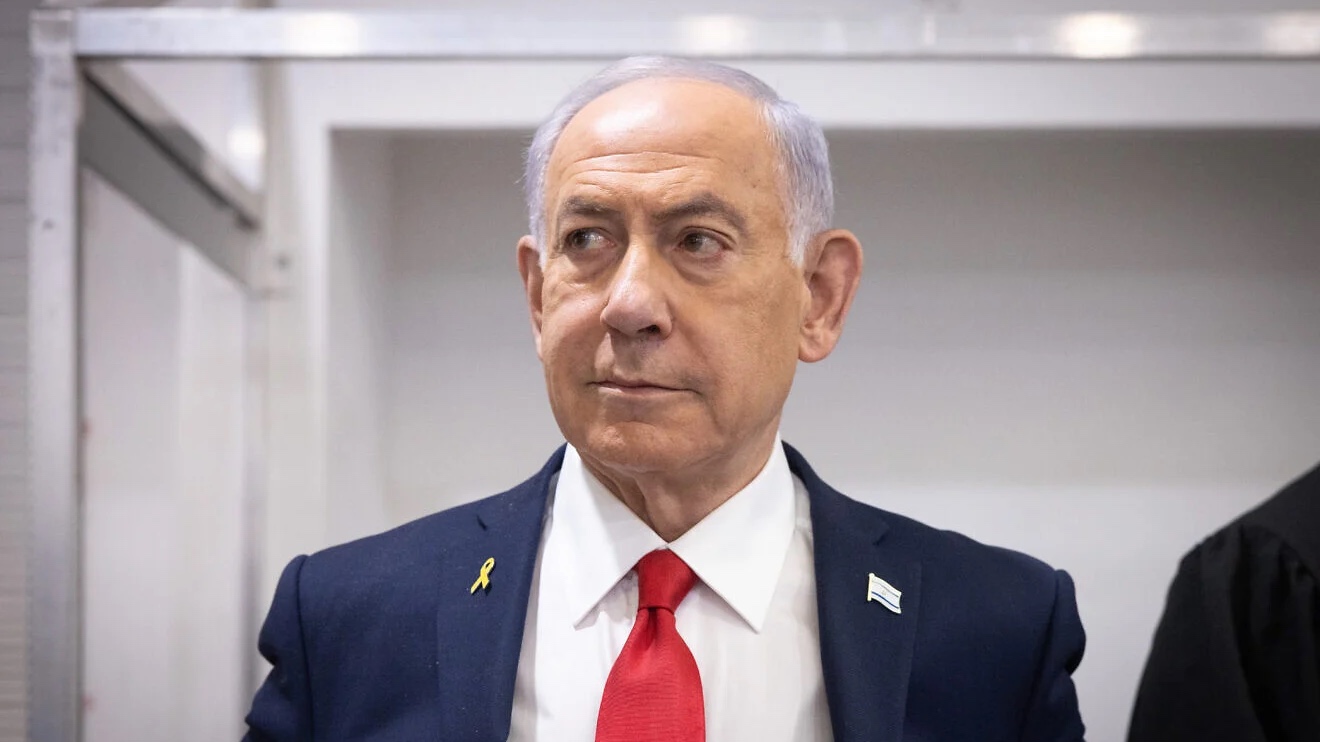(JNS) The Jewish community of Australia has long served as a model of integration, resilience and commitment. For decades, it has stood in constant solidarity with Israel, nurturing a relationship defined by deep emotional bonds and shared historical memory.
Many Holocaust survivors rebuilt their shattered lives on Australian shores, laying the foundations of communities that remain among the strongest Jewish centers in the Diaspora. Despite the vast physical distance from Israel, the connection has never been a matter of miles, but of heart and spirit.
Yet since Oct. 7, the reality for Australian Jews has changed. What was once an undercurrent of antisemitism has become increasingly overt, and in some cases, brazen. Antisemitism in Australia did not appear suddenly; it has always existed beneath the surface. What has changed since Hamas’s atrocities and the subsequent war is its boldness, its willingness to step into the open and challenge the very values of a democratic society.
Against this backdrop, the 2025 Australian Mayors Summit Against Antisemitism, organized by the Combat Antisemitism Movement (CAM) together with the CAM Committee in Australia and with the broad support of all major Jewish organizations in the country, was convened on the Gold Coast. As I am in Australia this week in my capacity as a member of CAM’s advisory board and one of its founding members, I joined international colleagues and Australian leaders at the summit to send a clear message: Jewish life in Australia is an asset—not a liability—and ties with Israel must remain stronger than any attempt to weaken them.
The spirit of unity was felt throughout. The summit concluded as a resounding success, equipping participants with practical tools and renewed determination to strengthen Jewish solidarity.
The current climate should not be described as a dramatic crisis. To do so would be to overstate the danger and risk, and feed a narrative of panic. Instead, it is better understood as a reality that requires attention, vigilance and reinforcement. Hatred of Jews in the country no longer lurks in the shadows; it is vocal, visible and determined to intimidate. The test for Australia is whether it will allow fringe voices—from the far right or radical pro-Palestinian groups—to dictate its national tone.
The answer must be an emphatic no.
Australia is a democracy founded on tolerance, fairness and the rule of law. It is a nation that has historically welcomed its Jewish citizens as equal partners in building society; indeed, those citizens have given back in every sphere—from business and science to the arts, education and public life. Australian Jews are proud citizens and members of the global Jewish community. To treat that otherwise would be to diminish the country itself.
The relationship between Jerusalem and Canberra is much more than diplomatic; it is profoundly human. When the modern-day State of Israel was established in 1948, Australia played a historic role as one of the first countries to vote in favor of its creation at the United Nations. That act reflected more than political calculation; it reflected an understanding that the Jewish people needed a homeland, and that the horrors of the Holocaust demanded nothing less.
Those same bonds are reinforced today by family connections; shared innovation in technology, agriculture and medicine; and the simple fact that both societies are democracies. Australia and Israel share many values, and strengthening bilateral ties is not a matter of courtesy; it is a matter of mutual interest.
At this year’s Mayors Summit, calls were made by certain activists to boycott, disrupt or cancel the gathering. They received attention in the media, and some predicted mass withdrawals. Yet the reality was starkly different; very few of those scheduled to attend actually withdrew. It shows that despite all the noise, the overwhelming majority recognize the value of dialogue, solidarity and fighting hate.
The lesson is clear: The ties between Israel and Australia—and the place of Jews within Australian society—remain far stronger than the clamor of those who would divide them.
The opponents are loud, but they are not representative. This is the moment for clarity. Antisemitism is not just a Jewish problem; it is a threat to the moral fabric of Australia itself. To remain silent is to concede. To confront it is to defend democracy.
The Jewish community of Australia is not asking for special treatment but for what every citizen deserves: safety, respect and recognition of its contributions.
It is also asking for something larger—that the national homeland of the Jewish people and Australia continue to walk together as partners, not allowing the shrill voices of division to set the agenda. And in that strength lies the path forward, for Jewish and non-Jewish Australians, and for all who believe in a future built on solidarity and a determined stand against hate.
Want more news from Israel?
Click Here to sign up for our FREE daily email updates


